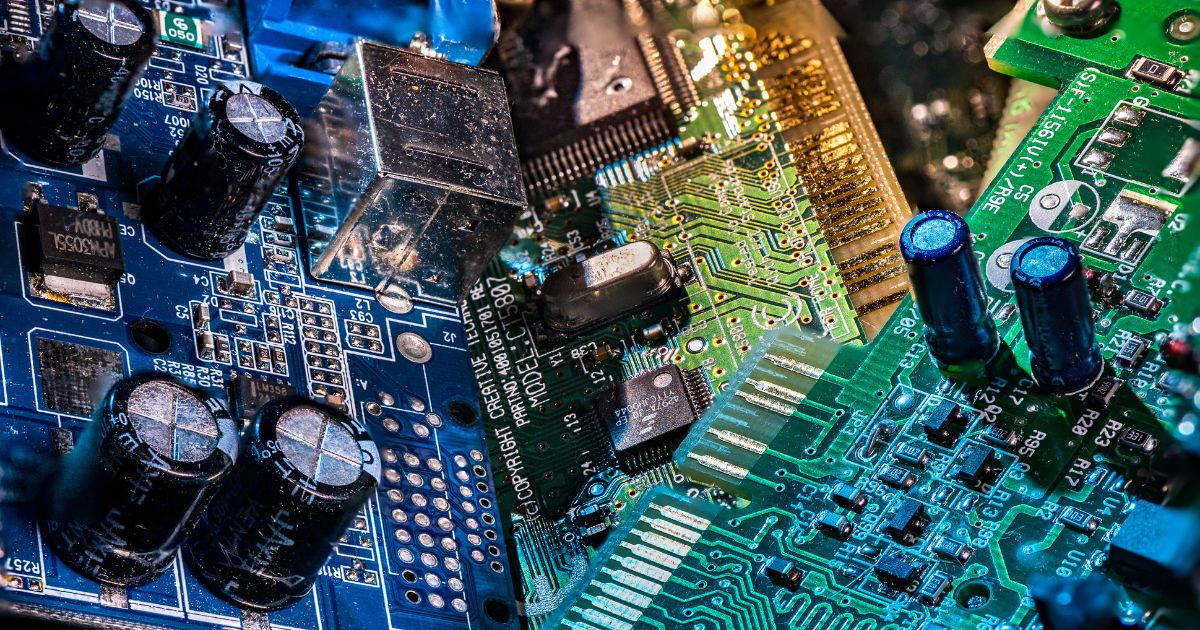Restriction of Hazardous Substances (RoHS) compliance laws restrict the use of hazardous substances in electrical and electronic products above specific concentrations. The European Union (EU) was the first to enforce RoHS compliance requirements, but similar conditions are now active in several countries worldwide.
The development of existing RoHS laws and the implementation of new laws are expected to continue as the quantity of hazardous electronic waste increases and the dangers of these substances become more widely known. Continue reading to learn more about global RoHS compliance and how to streamline the fulfillment of reporting requirements.
Restricted substances under RoHS
Restricted substances under global RoHS laws include hazardous compounds like heavy metals, such as lead and cadmium, and specific classes of compounds often found in plastics, such as Benzyl butyl phthalate (BBP) and Dibutyl phthalate (DBP).
Each country with RoHS laws has its own official list of restricted substances and their maximum allowable thresholds, but most countries restrict several of the same substances. For example, the EU and the United Kingdom (UK) restrict the same 10 substances, while China restricts only six.
Do you know how RoHS differs from REACH? Explore our example comparing RoHS and REACH compliance in the EU.
Products in scope of RoHS
Products in the scope of RoHS compliance vary by country; however, the primary product category is electrical and electronic products. RoHS only restricts (rather than bans) certain substances, but many of the substances restricted in electrical and electronic products are banned from use in other products, such as house paint, children’s toys, and food ware.
While RoHS applies to electrical and electronic products, the specific products (or product types) in the scope of compliance requirements are also unique to each country. For example, the EU refers to the general product category as electrical and electronic equipment (EEE), while China refers to it as electrical and electronic products (EEP), and the list of in-scope product types differs between the two.
Who does RoHS apply to?
Given that each country has its own requirements, the types of companies that fall under RoHS compliance vary worldwide. However, under most RoHS laws, companies that manufacture, import, distribute, or sell electrical and electronic products can be subject to RoHS reporting requirements. Companies must check RoHS laws within each country they operate in to confirm if their products are in scope.
Why is RoHS compliance important?
Exposure to restricted substances under RoHS is known to harm humans, animals, and the environment. During the product lifecycles of electrical and electronic products (including use and disposal), these toxic substances are released into the environment and can cause health problems and environmental issues. RoHS compliance is important because it limits the use of harmful substances and encourages companies to seek less dangerous alternatives to reduce the amount of toxins being released into the environment.
Looking for more in-depth information about RoHS compliance? Download our Guide to Global RoHS Compliance e-book.
Global RoHS compliance software solutions
Managing global RoHS compliance obligations is an overwhelming task—especially if your company is required to comply with RoHS laws in several countries. Partnering with a supply chain compliance partner, such as Source Intelligence, can help you manage your product data and streamline reporting requirements.
Our global RoHS compliance software solutions validate supplier information, compile product-level declarations, collect evidence documentation, and consolidate data for easy compliance reporting. Explore our program to discover how we can help you achieve your RoHS compliance goals.
![]()



